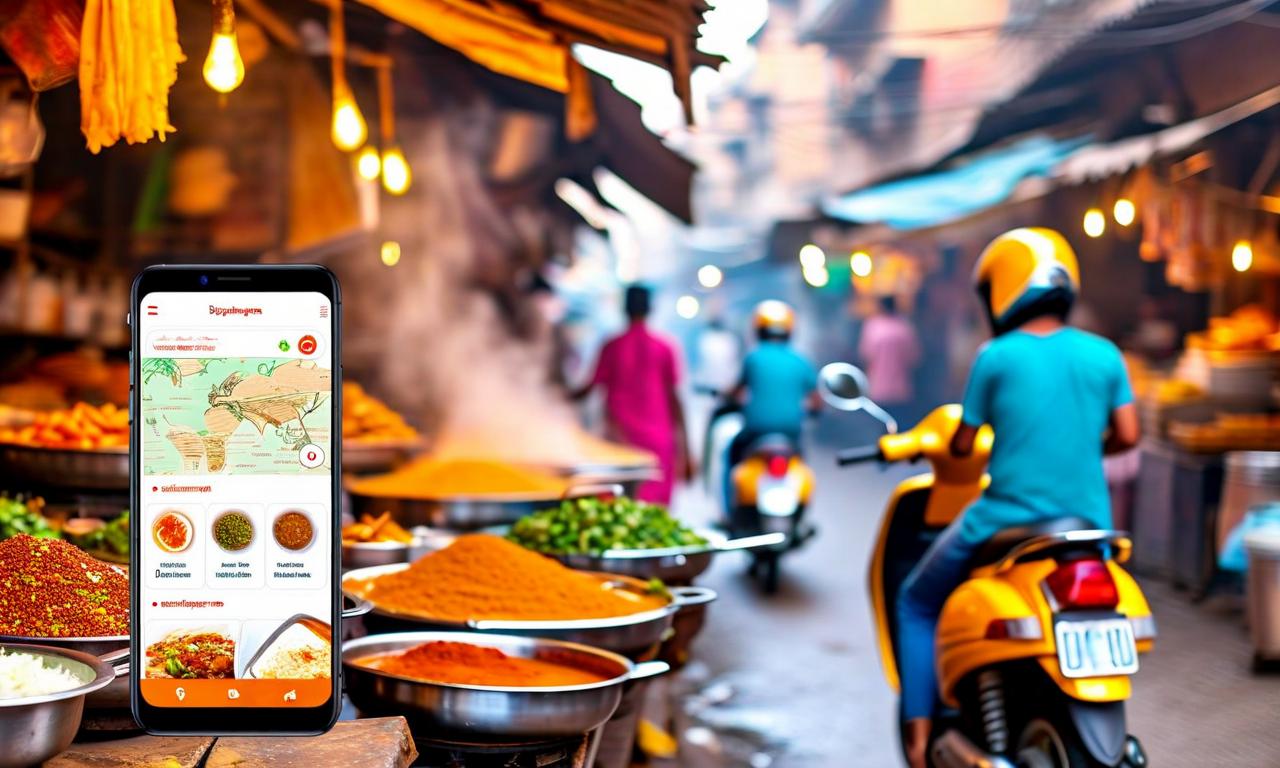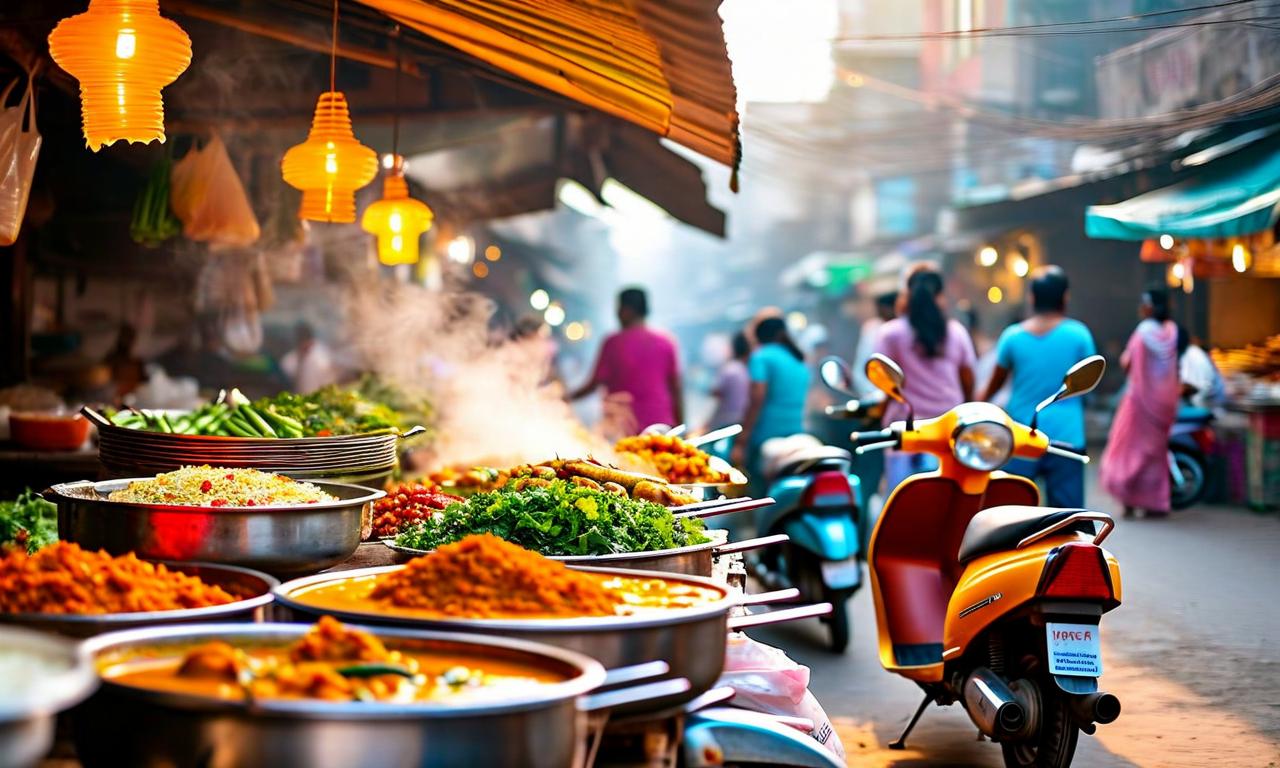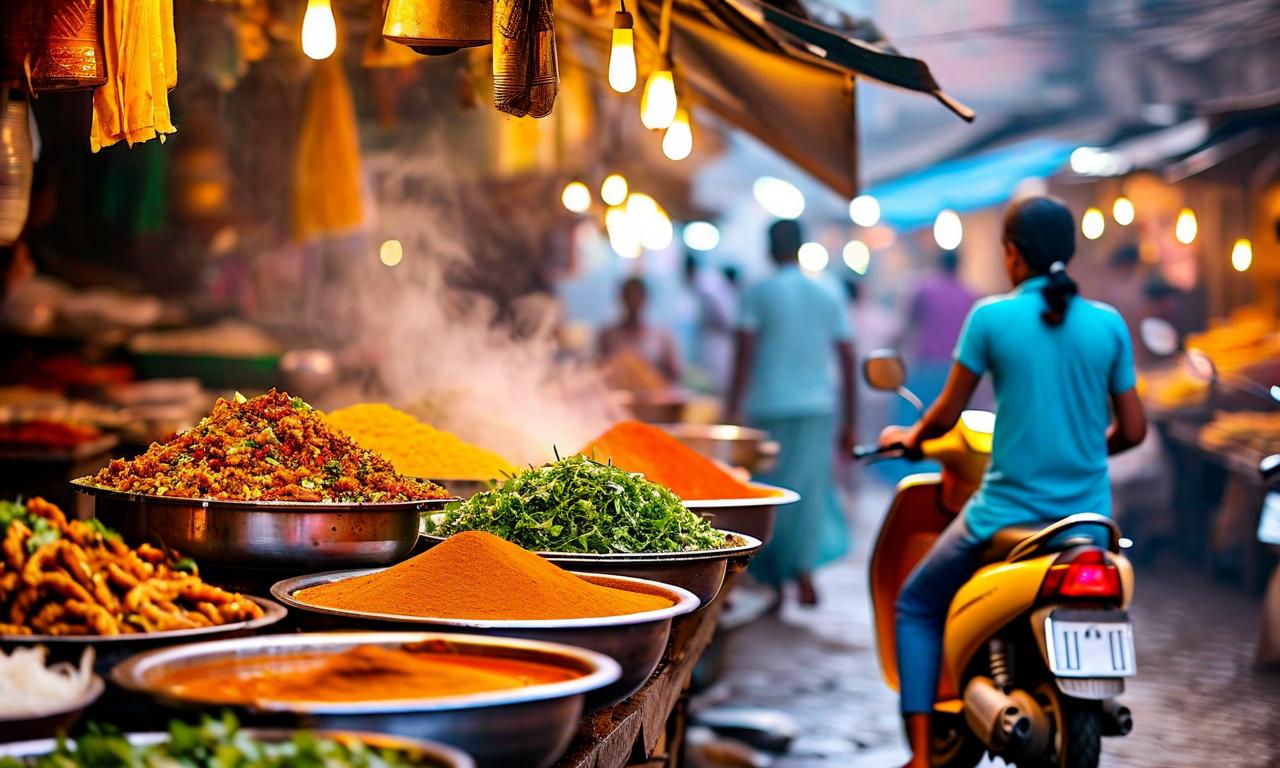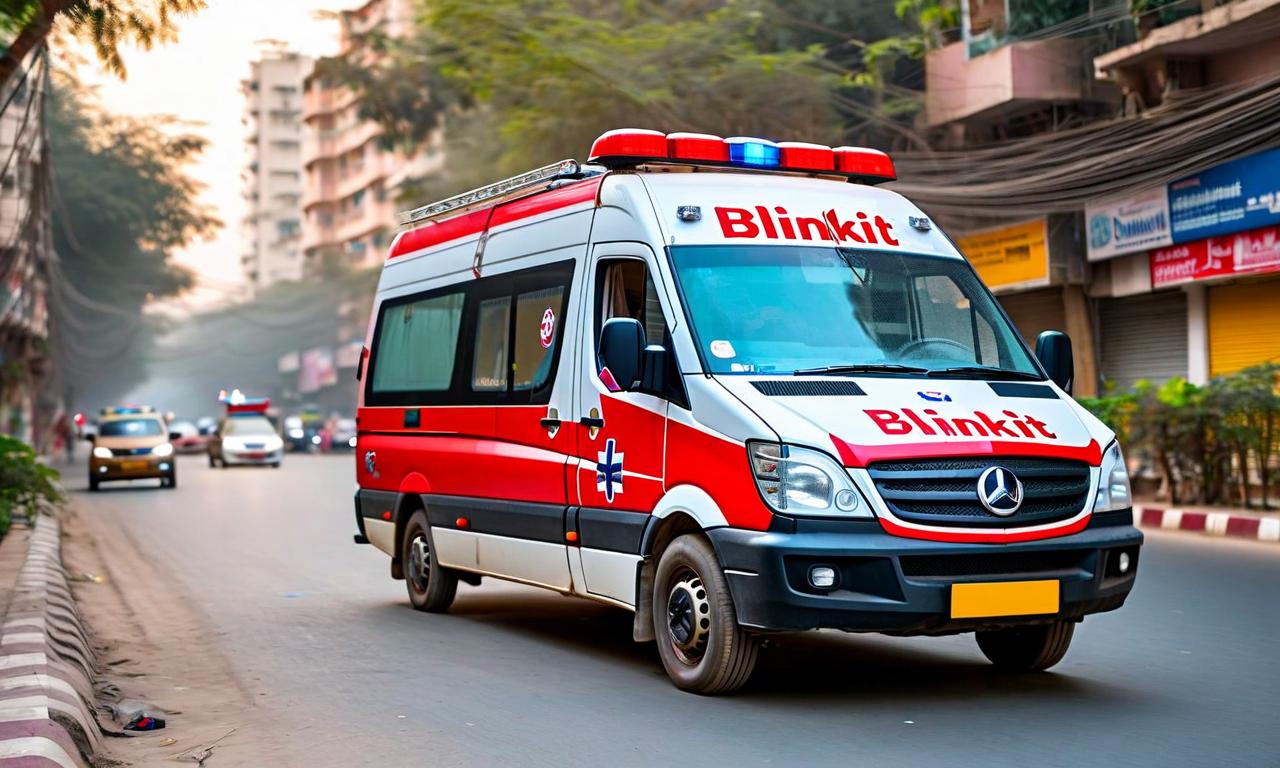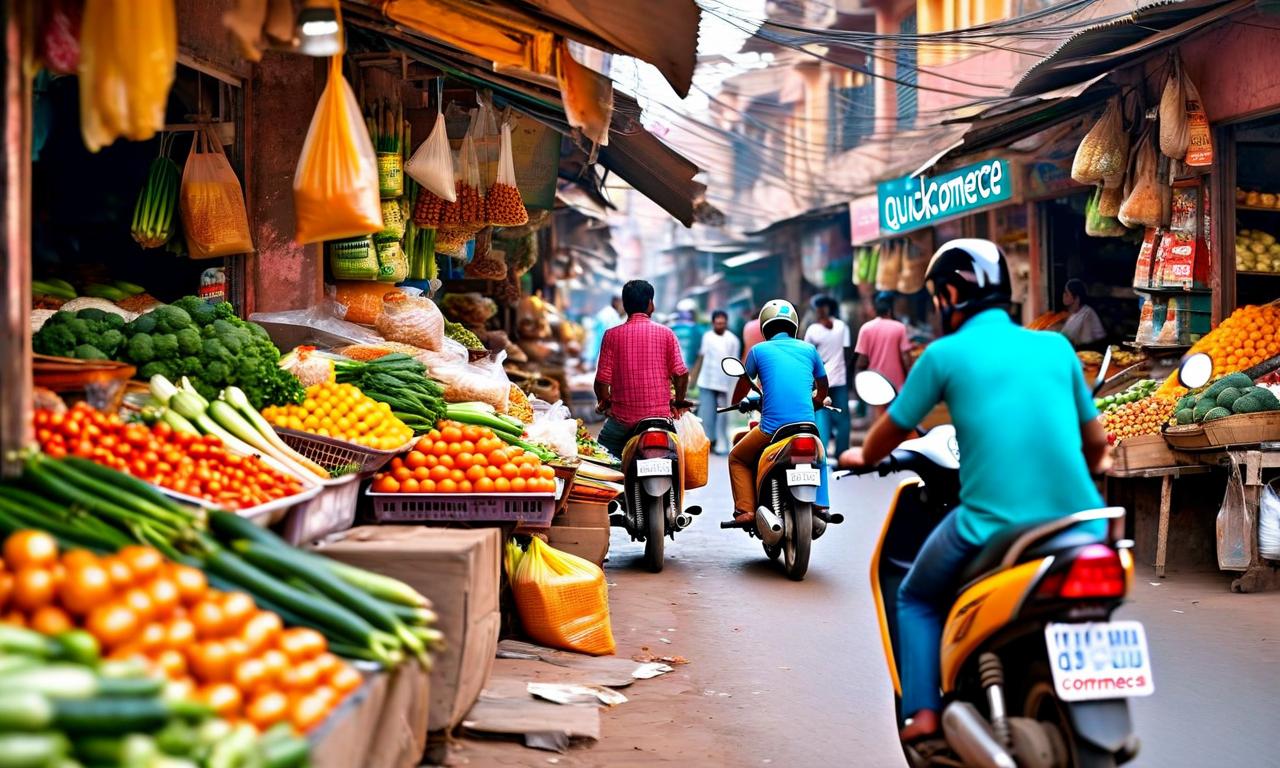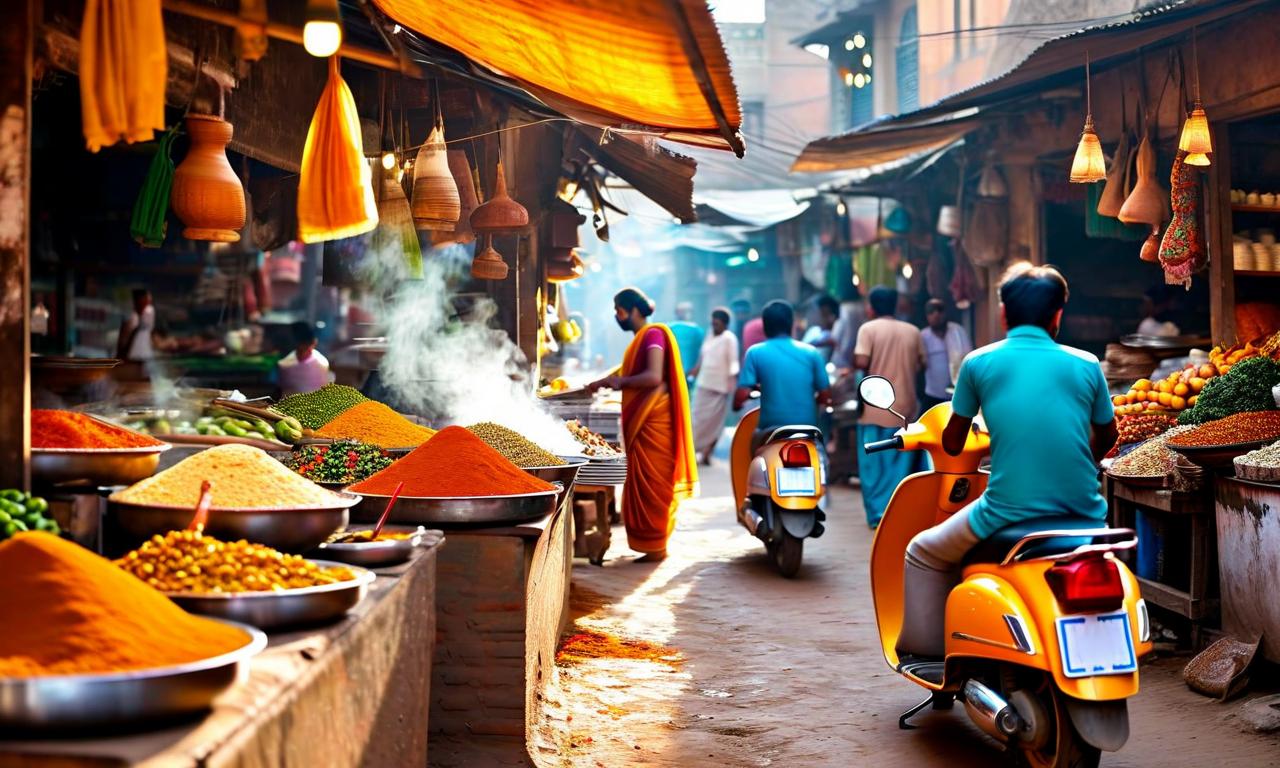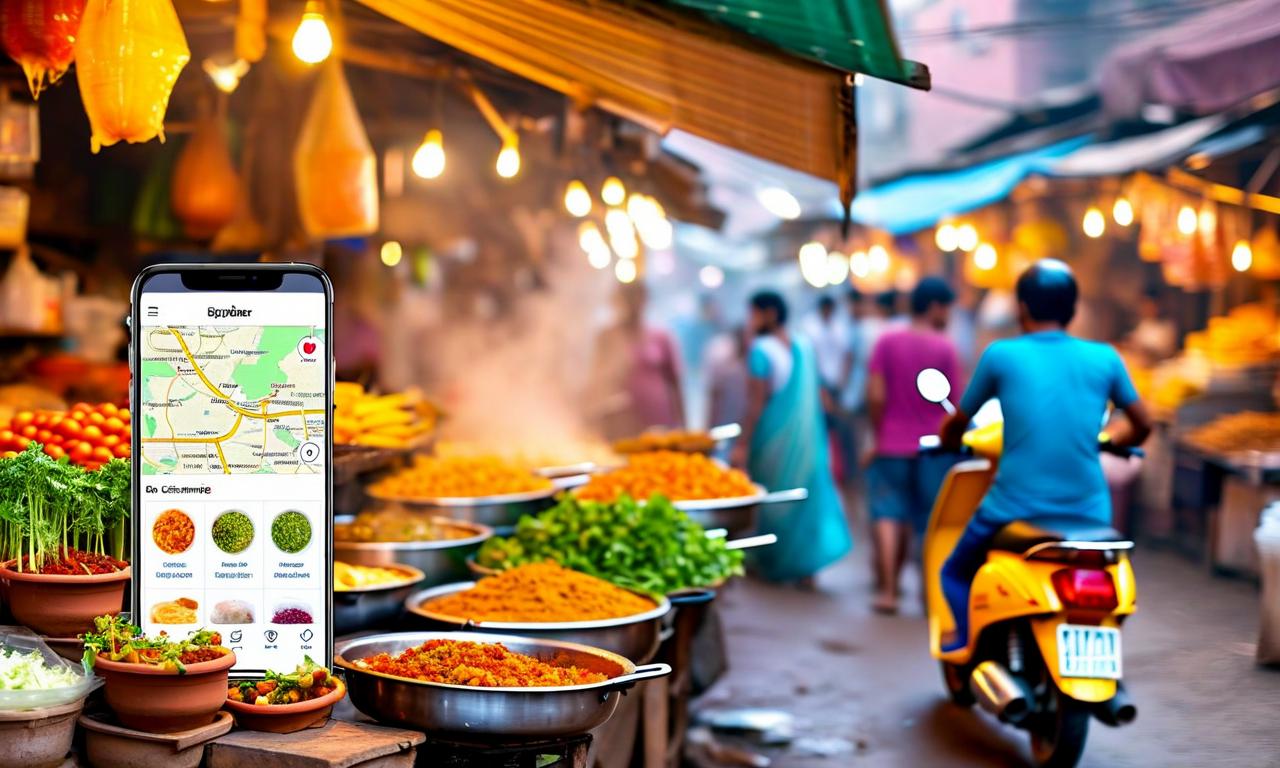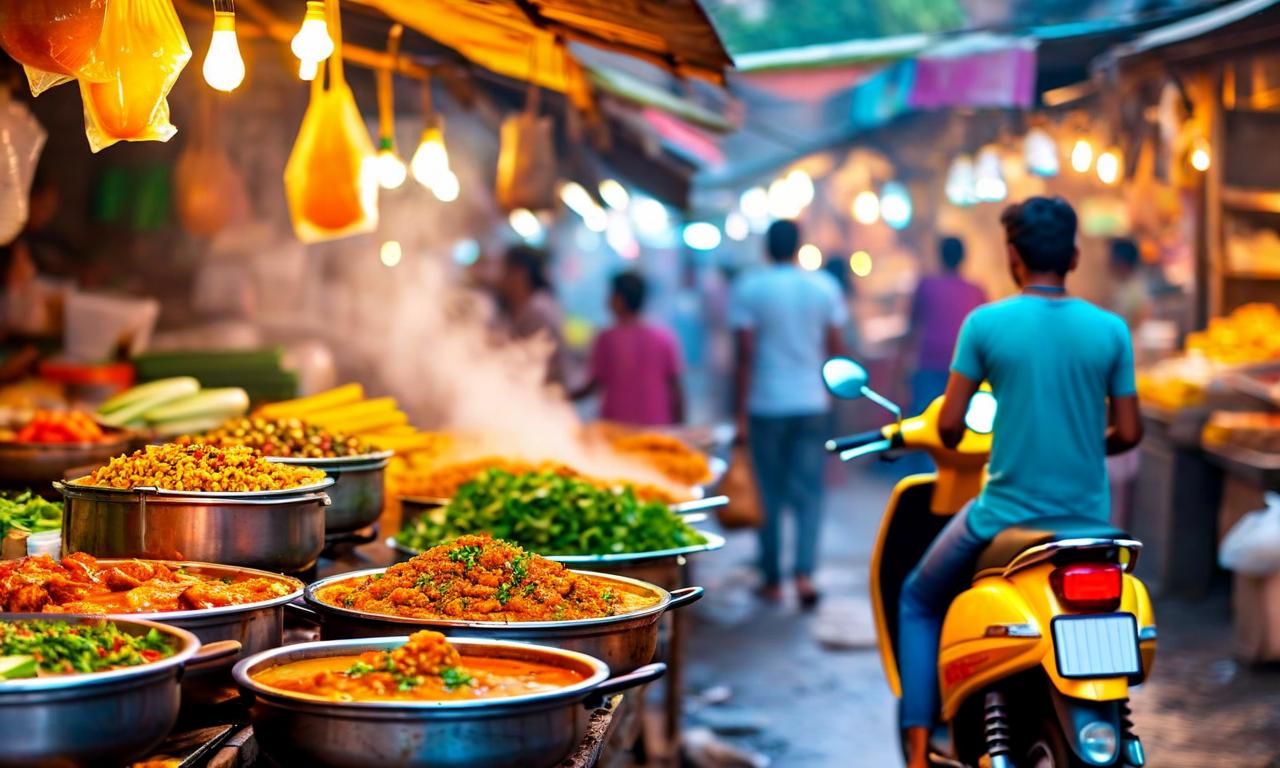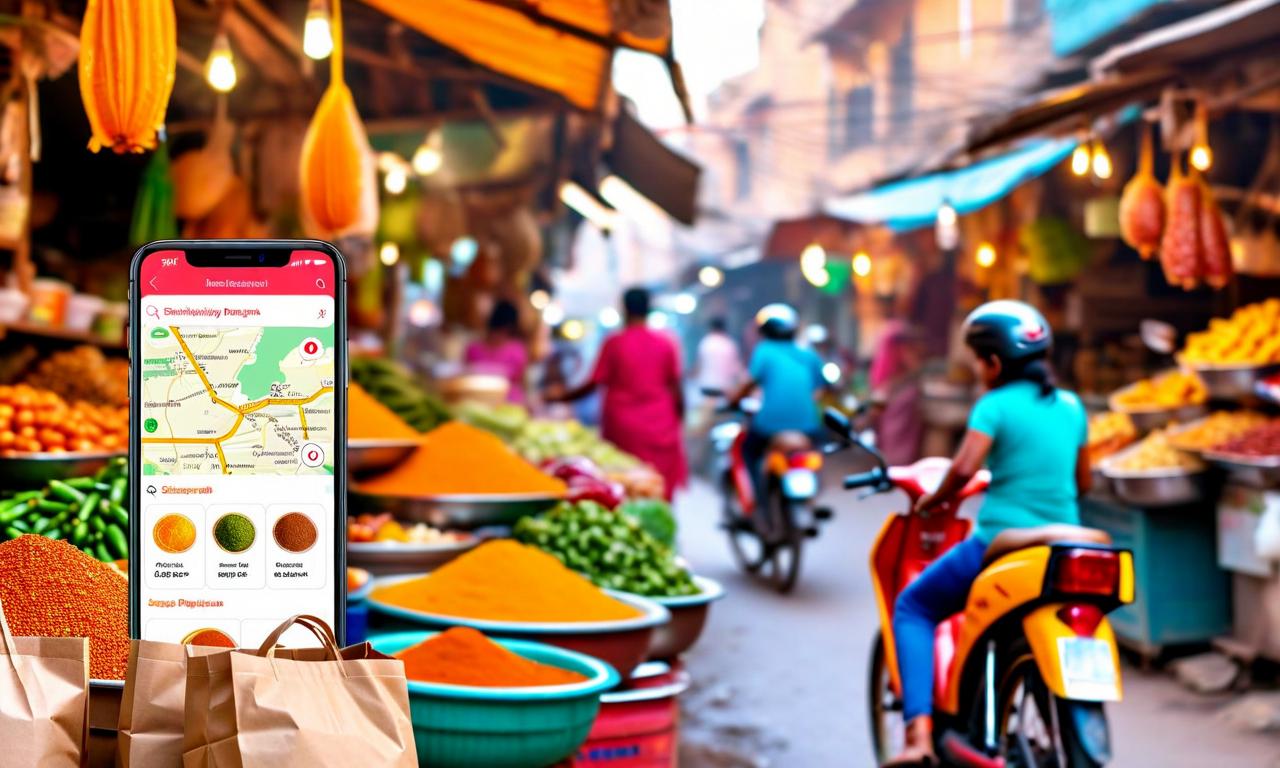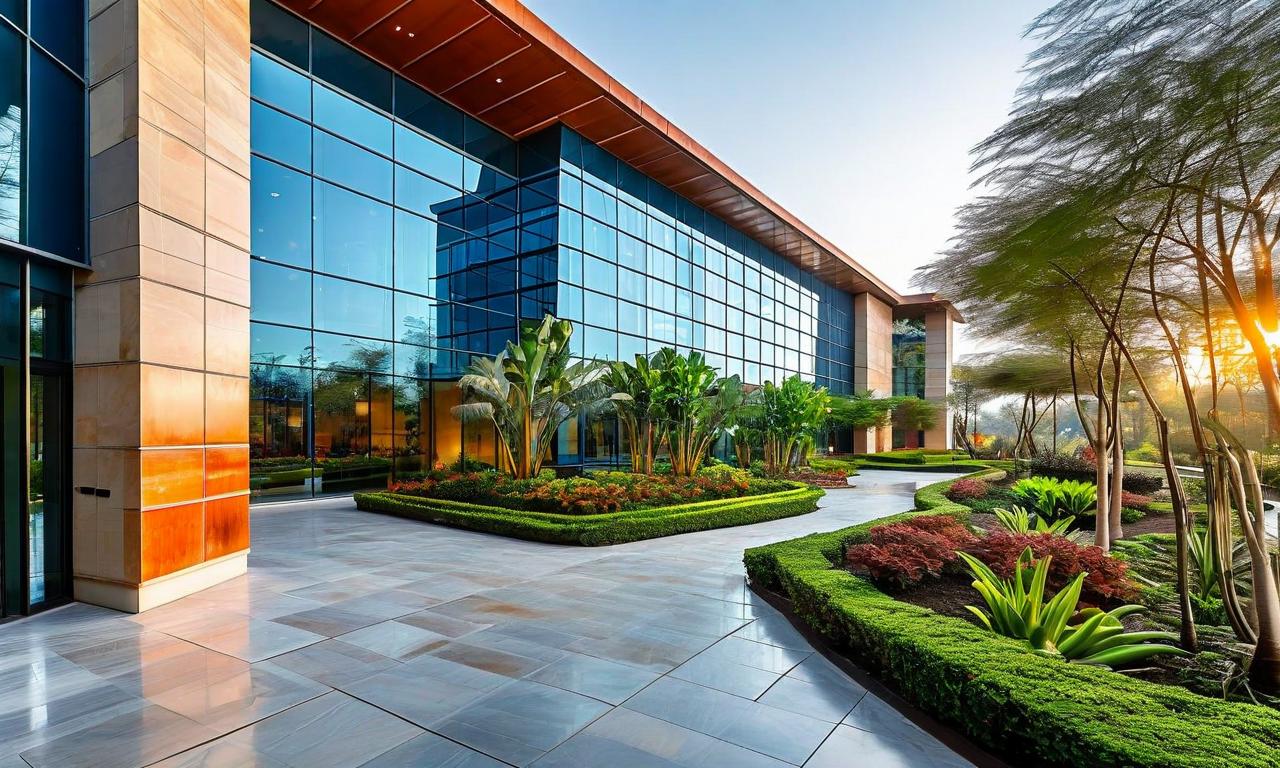Zomato Hikes Platform Fee Amid Industry-Wide Price Increases
Zomato has increased its platform fee to ₹12.50 (excluding GST), slightly lower than Swiggy's ₹15.00 (including GST). Magicpin's fee is now ₹10.00. An additional 18% GST on delivery charges will be implemented from September 22, potentially increasing costs by ₹2.00-₹2.60 per order for Zomato and Swiggy users. These changes reflect rising operational costs in India's competitive food delivery sector and may impact consumer behavior during the upcoming festive season.
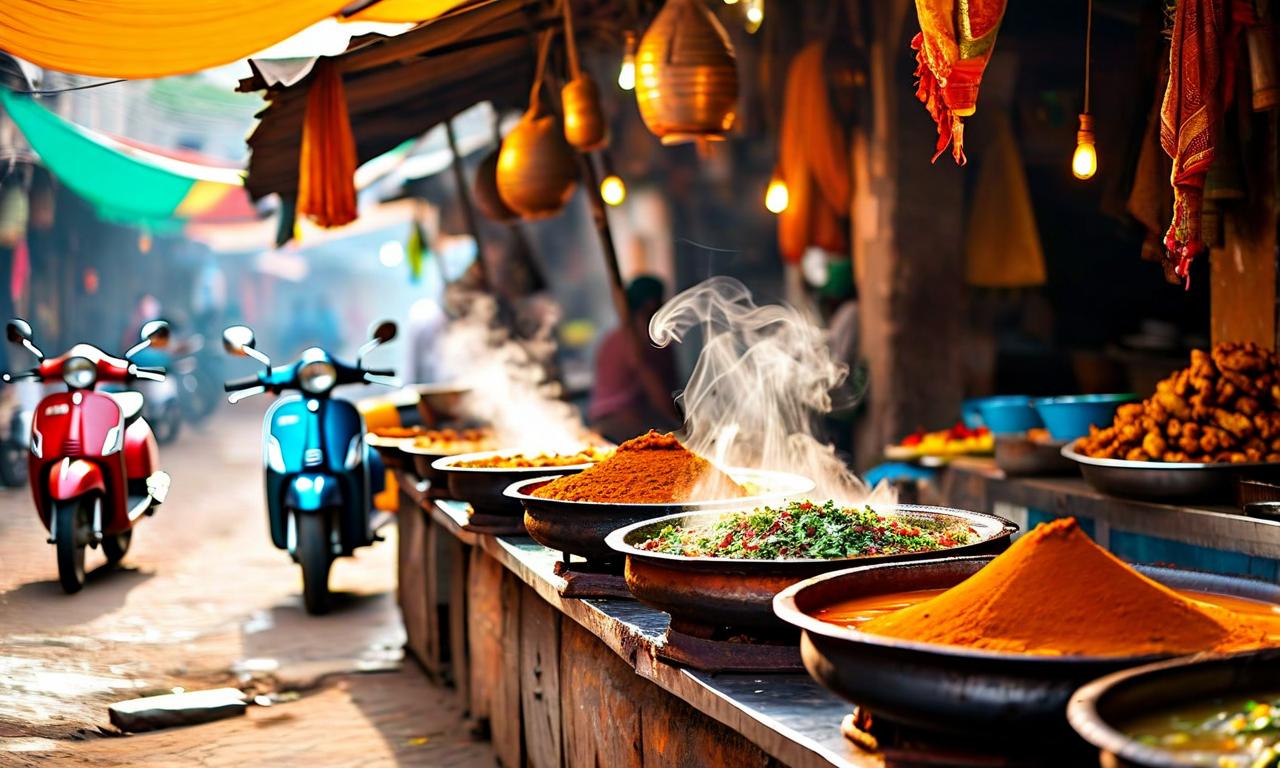
*this image is generated using AI for illustrative purposes only.
In a significant move that's likely to impact consumers, major food delivery platforms in India, including Zomato, have increased their fees ahead of the festive season. This industry-wide adjustment reflects the rising costs in India's competitive food delivery sector.
Zomato's Fee Hike
Zomato, one of India's leading food delivery platforms, has raised its platform fee to ₹12.50, excluding GST. This increase puts Zomato's fees slightly lower than its main competitor, Swiggy, but still represents a notable rise for consumers.
Industry-Wide Trend
The fee hike is not isolated to Zomato:
| Platform | New Platform Fee |
|---|---|
| Zomato | ₹12.50 (excluding GST) |
| Swiggy | ₹15.00 (including GST) |
| Magicpin | ₹10.00 |
These simultaneous increases across major platforms indicate a broader trend in the food delivery industry, possibly driven by rising operational costs and the need for improved profitability.
Additional GST Impact
Adding to the cost increase, an additional 18% GST levy on delivery charges is set to take effect from September 22. This is expected to further impact consumer costs:
- Zomato users may see an approximate increase of ₹2.00 per order.
- Swiggy customers could face an increase of about ₹2.60 per order.
Interestingly, Magicpin stated that it already pays 18% GST on food-delivery costs, meaning the GST changes will not affect its cost structure or impact consumers.
Implications for Consumers and the Industry
These fee hikes and additional GST charges are likely to make food delivery slightly more expensive for consumers across India. For companies like Zomato, platform fees have become an important additional revenue source, helping to offset operational costs in the competitive food delivery market.
As the festive season approaches, it remains to be seen how these price increases will affect consumer behavior and the overall dynamics of the food delivery industry. While the platforms aim to balance their operational costs, they must also consider customer retention in an increasingly price-sensitive market.
For Zomato and its competitors, the challenge will be maintaining growth and market share while adapting to the evolving cost structures in India's dynamic food delivery landscape.

